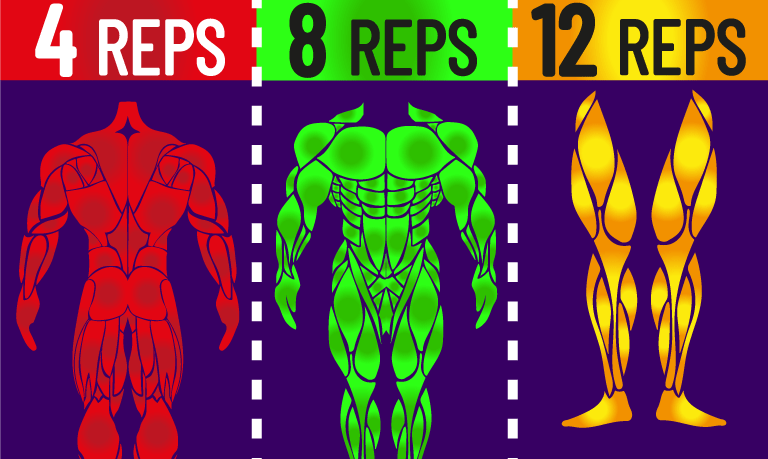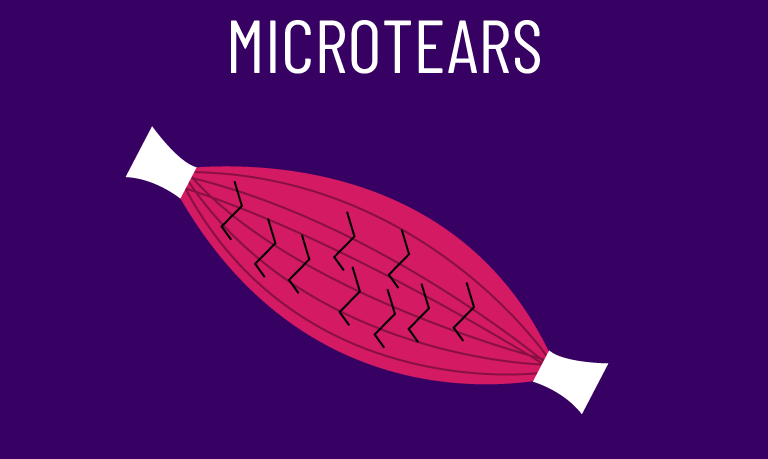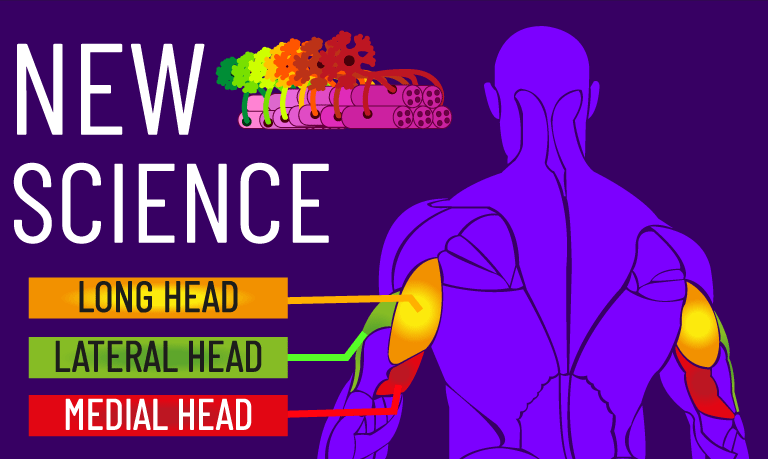
Previously at the House of Hypertrophy, we saw the scientific literature strongly indicates a wide range of rep numbers are similarly effective for muscle hypertrophy, provided those reps are performed to or close to failure.
Read More
Previously at the House of Hypertrophy, we saw the scientific literature strongly indicates a wide range of rep numbers are similarly effective for muscle hypertrophy, provided those reps are performed to or close to failure.
Read More
4 reps vs 8 reps vs 12 reps for strength and hypertrophy
We’re going to examine a recent study from Japan exploring this.
Read More
In this article, we’re examining antagonist supersets, which have you perform two exercises that train opposing muscle groups back to back. We’ll also touch on antagonist stretching too.
Read More
How long does it take for muscle growth to plateau?
According to this 2017 review study out of the USA, it plateaus quicker than you think.
Based on an array of experiments examining the time course of muscle growth, the authors make some bold statements.
Read More
When you train hard and create microtears in your muscle fibers, you’ve created the primary stimulus for muscle hypertrophy.
Your body will repair the micro tears and ultimately create a bigger and stronger muscle.
How many times do you think you’ve heard this?
Read More
A brand new study out of Japan by Maeo et al. has recently come out, comparing overhead extensions to pushdowns, and its findings have important implications for maxing triceps hypertrophy.
Let’s dive into this great new paper.
Read More
Training hard is clearly important for developing muscle and strength.
It’s logical to think the more you train, the more you gain. You’d don’t to take your foot off the gas.
Read More
It’s almost a guarantee that if you got two people to perform the same training program, they would get different results. Why is this?
Genetics, nutrition, and sleep may be some factors that instantly come to your mind, and all of these are unquestionably valid. But another, probably underappreciated factor, is the psychological stress levels experienced by a person.
Read More
When consuming fitness content online, including mine, much of the discussion is on training variables and nutrition.
Read More